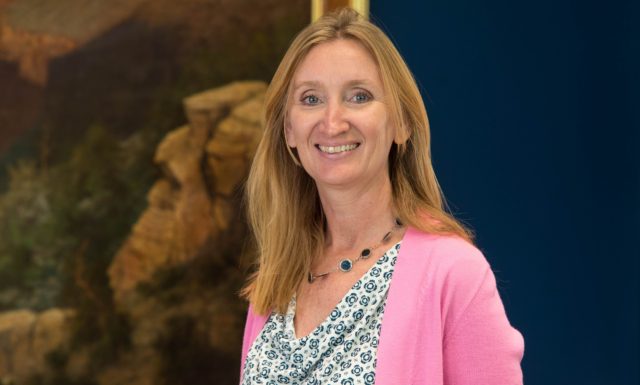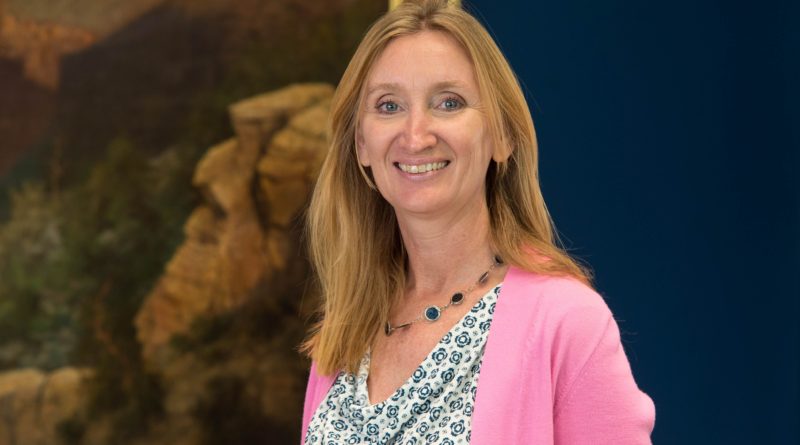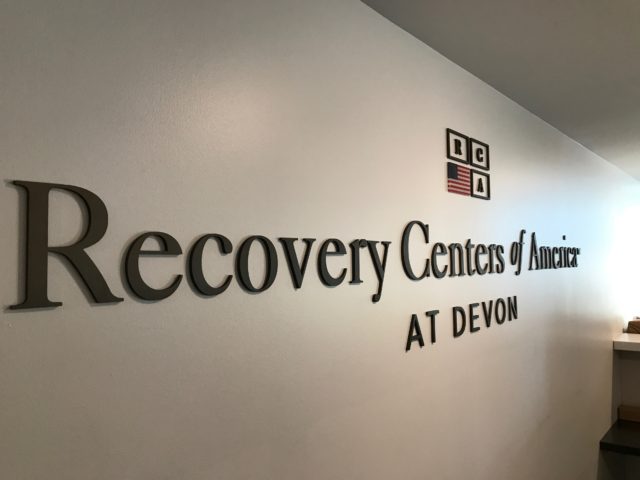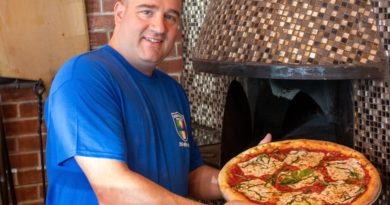Substance Use Disorder: Treating Patients and Their Families
When it comes to treating addiction, there is a silent patient equally impacted by the disease: families.
After someone decides to seek help for their addiction, they’re provided the tools, resources, education, and motivation needed to get on the road to recovery. But what about the family? They’re often left out of the recovery process, plagued by the stigma associated with the disease, accusations of being enabling, and not sure where to turn for help. They too need the tools and education to help them reach acceptance, hope, and recovery.
“There is no other disease where the family is met with anger and judgment rather than a home-cooked meal or a hug. If your loved one was diagnosed with a different disease, your family would be engulfed in connection and support – but when it’s the disease of addiction, families are often shunned and isolated,” says Recovery Centers of America’s Director of Family Services Trish Caldwell.

That’s where Recovery Centers of America’s Family Programming can help. Whether the family dynamic needs to be strengthened or completely rebuilt, we teach families to unite against the addiction, not again each other.
It’s simple- when family and loved ones are both involved in addiction treatment, and the recovery process, patients are more likely to achieve and maintain long-term recovery. Starting from day one, families are involved in treatment. Within the first few days of their loved one arriving at one of our facilities, the family will hear from their loved one’s primary therapist, case manager, and clinical team. They’ll be introduced to their spot in the treatment process, which includes therapy and educational seminars. Our curriculum incorporates the 4 pillars:
- Connection: Addiction wants to separate the individual with the substance use disorder from their family and everyone they love. We teach patients and their families to set safe boundaries while everyone works through the recovery process.
- Healing: Families sometimes blame themselves for their love one’s disease. RCA’s Family Programming helps families understand addiction is a disease, easing feelings of guilt or shame, and replacing them with empathy.
- Knowledge: Education of the disease of addiction is key. Once families know better, they do better. Education eliminates feelings of anger; it helps families understand the behaviors of addiction and the impact they have.
- Hope: Hope is the starting line of recovery. You can be angry and still hope that things will change or get better. The disease of addiction wants everyone to lose hope, but if the family can hold onto hope, it’ll keep them together.
“To empower families with the knowledge and tools they need to help themselves through this process, we also provide free educational seminars for families on topics of communication, boundary setting for recovery, the disease model of addiction, and the journey to recovery,” says Caldwell. “When families are empowered, so are those courageously battling the substance use disorder (SUD).”
RCA at Devon also offers a unique family program called Seeds to Recovery. While this program is usually offered in-person as a two day retreat, in an effort to continue to support families during this pandemic, it has recently been offered to all of our sites and the community in a virtual format. Seeds to Recovery provides families a safe space to grieve and accept that their loved one has a chronic illness, while also learning strategies to unit with their loved one against addiction. This program helps families learn boundaries, stay connected, and perhaps most importantly, how they can laugh and have joy with their loved one even when battling this disease. The message of hope in this program is that we are stronger when we are united than when we are apart.
“At RCA, we say: No one recovers alone. When we extend that notion to the families as well, they too learn they are not alone, people care about them and for them, and together people can and do recovery,” Caldwell says.
All are welcome to attend RCA’s Virtual Seeds to Recovery. Learn more about Seeds to Recovery and register here, as this virtual event generally occurs every 3 weeks. Topics vary depending on the week, but may include:
- A Story of Hope and Recovery
- The Science Behind a Substance Use Disorder: How did we get here?
- Exploring and Finding Family Balance in Recovery
- Understanding the stages of Change in Recovery
- The importance of Self-Care and Wellness
- Skills on how to communicate about treatment and recovery
- The Importance of Family in the healing process: a personal journey of recovery
- Being a part of the recovery community through RCA alumni services
- Gratitude
If you or a loved one is struggling with an addiction, RCA can help. Call 1-800-RECOVERY today. Learn more about RCA at Devon’s inpatient services, outpatient services (currently offering telehealth), and our family programming.





